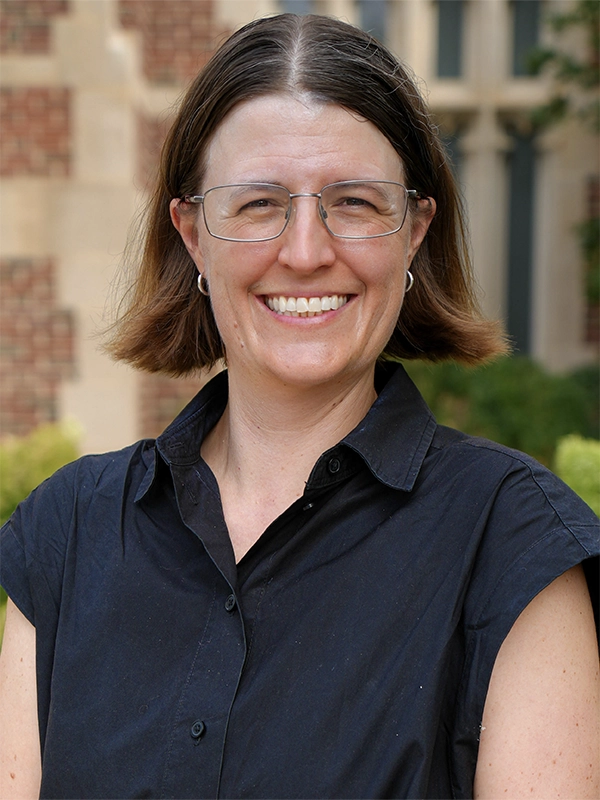Dear Maria Edgeworth: Digitizing Historical Letters
A UT Digital Humanities team leads the Maria Edgeworth Letters Project to create a digital database of the author’s history-revealing correspondence.
The UT faculty-led Maria Edgeworth Letters Project (MELP) will digitize the historic and extensive correspondence of the most commercially successful novelist from the Regency period, with funding from the National Endowment for the Humanities (NEH). Hilary Havens, Lindsay Young Associate Professor and chair of UT’s interdisciplinary Digital Humanities program, is one of the principal investigators and editors.

The NEH is supporting the project with $349,999 in funding to continue the development of a database and website that provides access to Edgeworth’s complete correspondence and to add 450 more fully transcribed letters.
Edgeworth’s International Impact
Anglo-Irish author Edgeworth, 1768-1849, was a prolific pioneer in children’s literature. She wrote stories for children, advice for parents educating their children, and novels. She cultivated a large and diverse community of correspondents around the world.
“Her letters contain important contexts for her novels and educational texts and provide key narratives of literary and historical figures, locations around the globe, and events such as the 1798 Irish Rebellion, the aftermath of the Act of Union, and the great Irish famine,” said Havens. “Edgeworth’s exchange of ideas, books, seeds, and fabrics with correspondents throughout the world allows us to trace the global exchange of knowledge in the late-18th and early-19th centuries.”
UT Students and Faculty Connect to History with Digital Preservation

Creating digital editions of such historic documents is an important component of Digital Humanities. The project offers the opportunity for several Digital Humanities program students to be involved.
“Meredith Hale of UT Libraries and I are two of the five general editors,” said Havens. “We have had two undergraduate research assistants—Ivy Kiernan and Autumn Hall—and eight graduate research assistants—Katie Haire, Ziona Kocher, Jamie Kramer, Eliza Alexander Wilcox, Anna Grace Barnett, Greg Gillespie, Lexi Mitchell, and Maggie Turbyfield—from UT work with us on the project thus far.”
Edgeworth scholars, digital humanists, librarians, technology specialists, volunteer transcribers will continue to make images and metadata of all the letters publicly available. An increasing number of Edgeworth’s roughly 3,000 surviving letters will be transcribed in plain text. The database will be openly accessible and fully searchable.
“Educators, literary scholars, historians, students, and the greater public will benefit from MELP,” said Havens. “It will illuminate networks between 19th-century literary and historical figures and provide an important perspective on Great Britain and key events in the early decades of the nineteenth century.”
MELP’s other general editors are Susan Egenolf, Texas A&M University; Jessica Richard, Wake Forest University; and Robin Runia, Xavier University of Louisiana. Carrie Johnston, Southern Methodist University, is the project manager and Bryan Tarpley, Texas A&M University, is the technical editor.
By Randall Brown